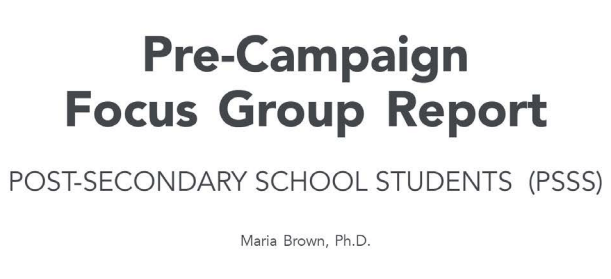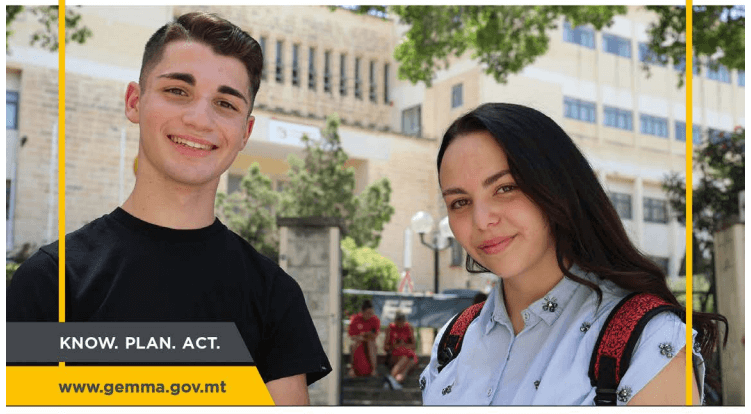ĠEMMA in 2019 launched an EU ESF co-financed financial capability directed towards 14 groups which were identified through consultation when the Retirement and Financial Capability Strategy (2017-2019) strategy was being drafted.


Post-secondary School Students are identified as a vulnerable group with regard to financial capability. This research was commissioned to assist ĠEMMA in designing a financial capability communications strategy for this group. Of particular note is the following – Post-secondary School Students:
- Consumption trends are motivated by cost-saving approaches, such as choosing inexpensive leisure outlets, also due to limited income of this cohort, which is in general funded by the student stipend.
- Discussion about money matters is more likely to take place with close family members, although some discuss some aspects with friends as well.
- Most expensive consumption is paying for a taxi to return home.
- Family emerged as an asset to PSSS’ access to commodities that they considered as positively impacting their lifestyle, such as for example buying a car.
- Family is the prime educator on financial capability.
- Sound understanding of good money management practices such as budgeting and careful or differentiated use of accounts for specific purposes, waiting for the sales’ period to buy commodities, reading reviews when shopping online and using reliable sites, honouring small debts with family, not answering scam calls and blocking related phone numbers.
- Lack interest or sufficient knowledge about their cohort’s prospective pension and retirement capability.



